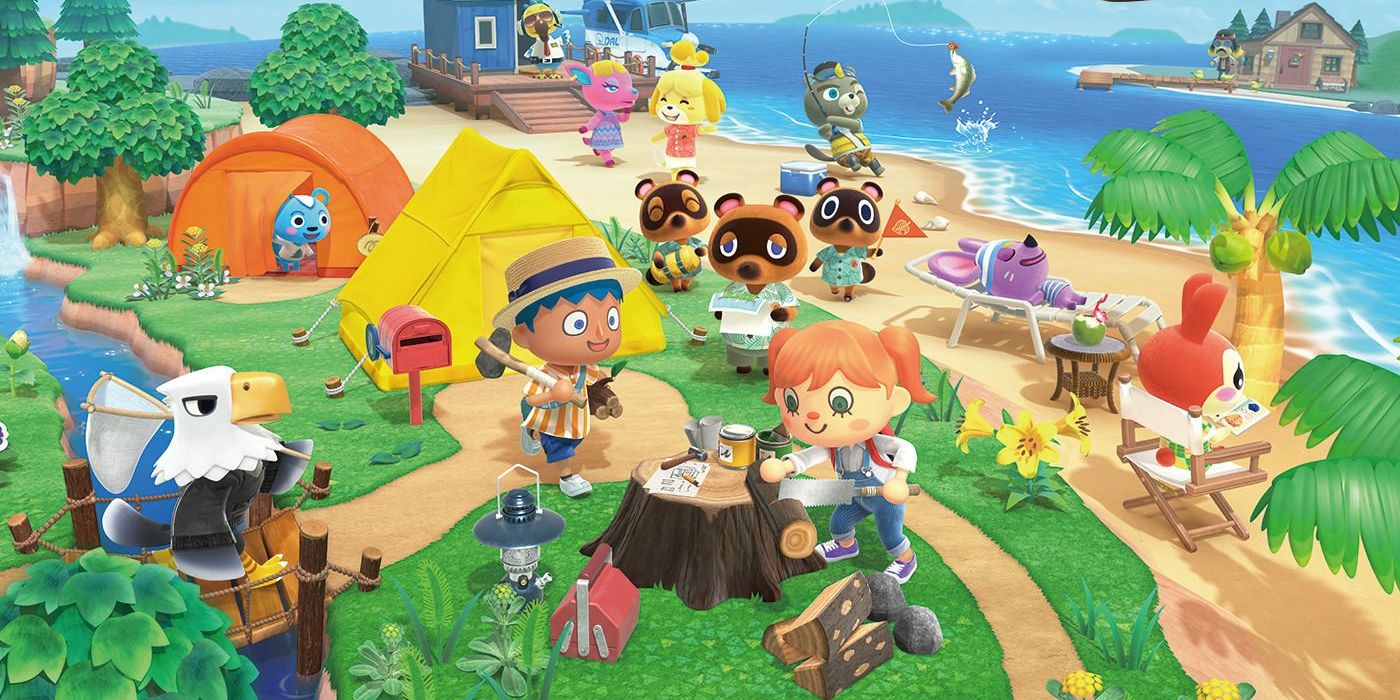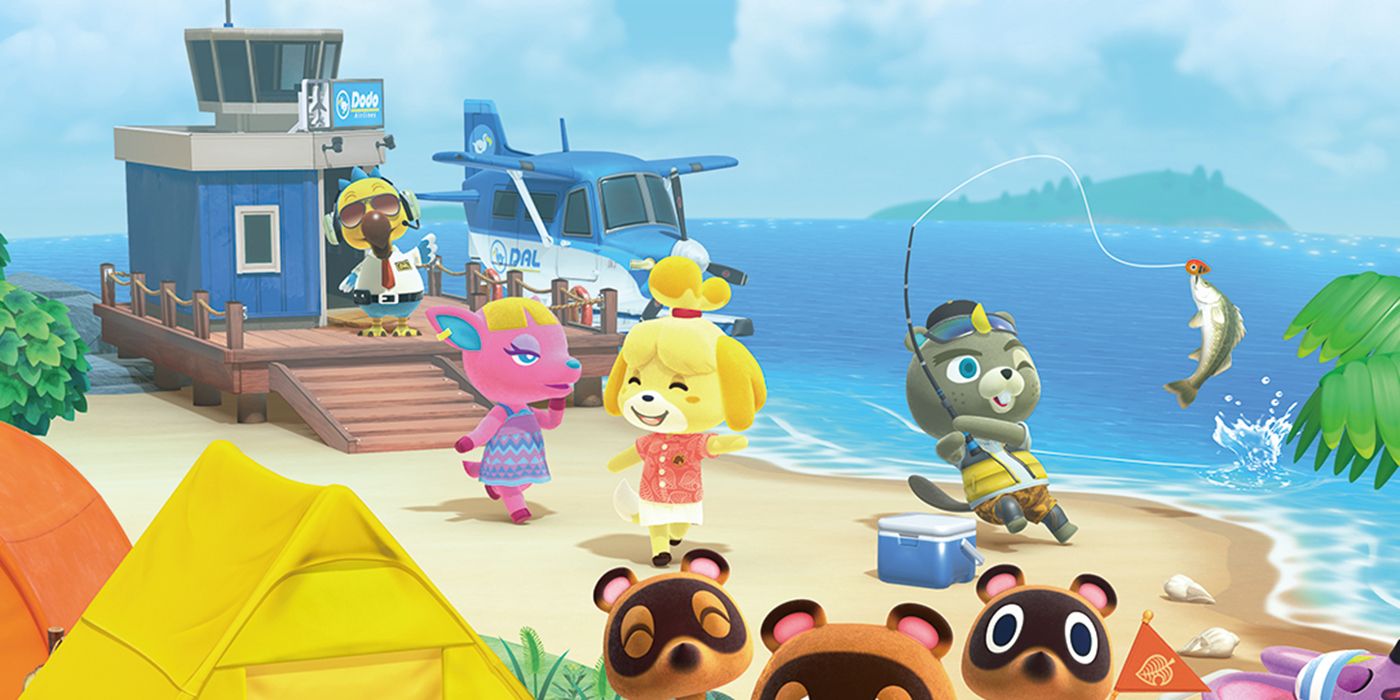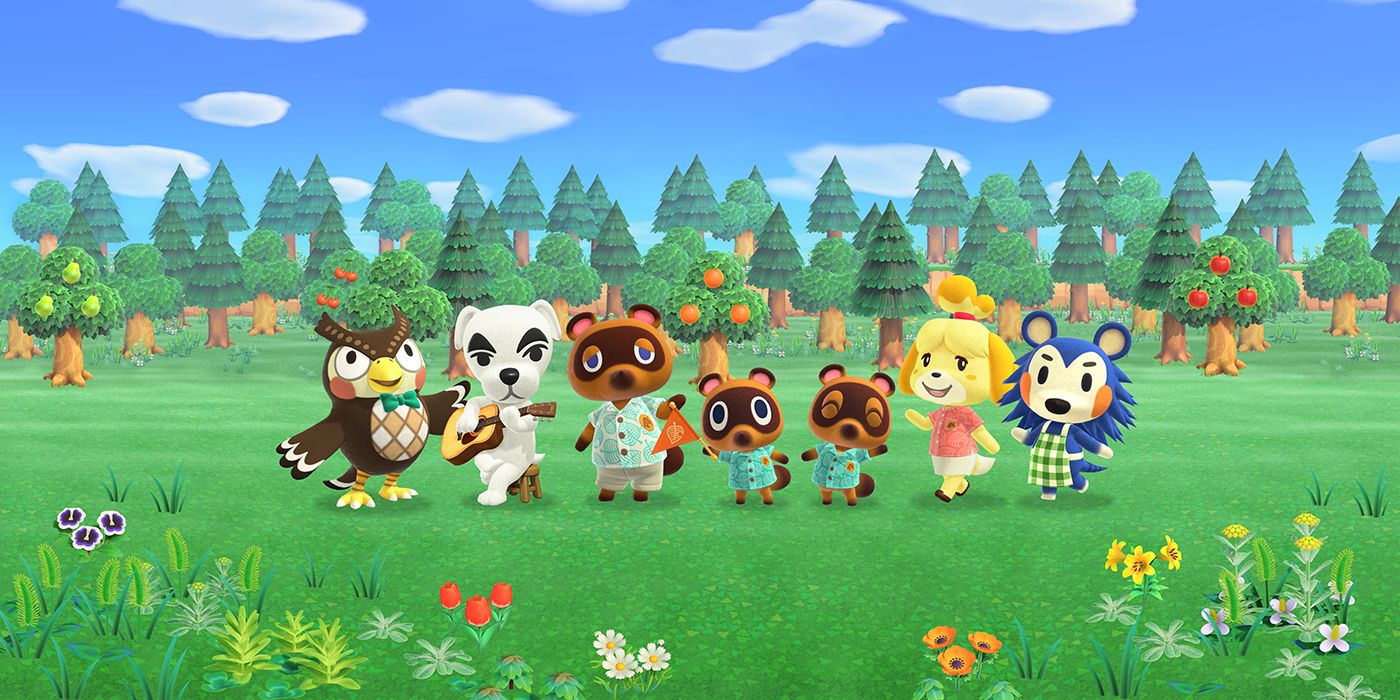Animal Crossing: New Horizons is as wholesome as a video game can be. It's a game where you live with a bunch of cute, talking animals in a bright, colorful environment that you can transform into anything you want. You spend your days fishing and catching bugs, growing flowers, building houses and just hanging out with friends and villagers. There is nothing about the game that is inherently dark, but as with many popular pieces of media, fan theories have suggested something much scarier under the surface of Tom Nook's tranquil island getaway.
The theory that Animal Crossing takes place in a post-apocalyptic version of our earth has been a popular one, mostly because you play as the sole human in a world filled with talking animals. As fun as it is to spend time with these anthropomorphic creatures, one can't help but wonder why other humans aren't initially invited into the Animal Crossing universe.
Newer games in the series do allow other human players to join and create homes in the world, but most of the time the original human player will be the focal point that all of the animal villagers focus on. So few humans have led some players to theorize that the series takes place in a future where most humans have been wiped out and replaced by animals.
New Horizons adds fuel to this theory's fire at the beginning of the game when you are asked to select which hemisphere you would like to be in, a feature that was not previously included in other games. When selecting a hemisphere, a map of our globe is shown. Directly referencing real-world hemispheres, as well as other characters like Gulliver referencing real-world locations, has led some to believe that our world has suffered some catastrophic event and now mutated talking animals are now the dominant species on Earth.
Another aspect of the game that lends itself to this theory is the emphasis on conservation. Reshaping the natural landscape is a big part of Animal Crossing. Gardening and constructing houses and shops are important aspects for attracting new residents and unlocking new features. New Horizons expands on this further with the ability to terraform your island, allowing you the option to add additional cliffs and waterfalls.
With such a large emphasis on beautification, it's possible that the Animal Crossing franchise takes place after an environmental catastrophe has wiped out most humans and it's up to you and your talking animal friends to create a new society and make it as beautiful as possible. While it's unlikely this idea ever gets confirmation from Animal Crossing's developers, the mere thought of the game taking place in such a reality will make you think twice the next time you log on.



